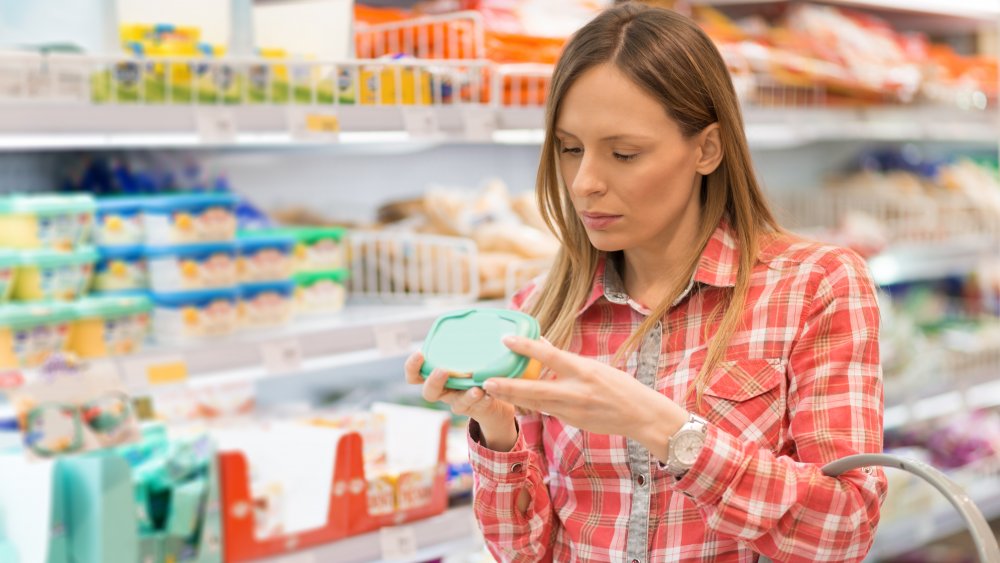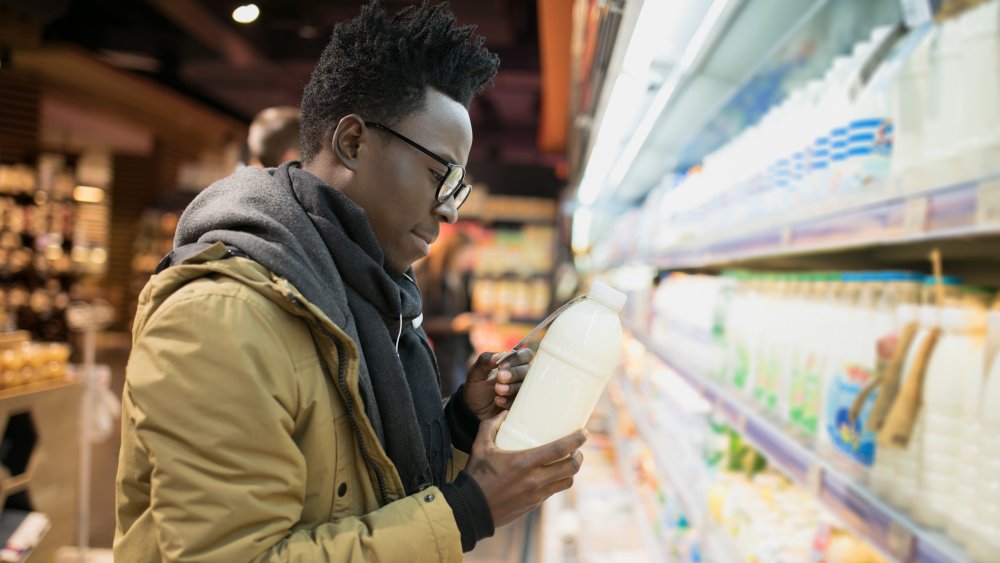What It Really Means When A Food Is Labeled Natural
Food packaging can go a long way in determining if it ends up in a customer's cart on a grocery trip, and brands definitely love to use buzzwords to sway consumer shopping habits. One of the most powerful words for food marketers, of course, is "natural." It's on everything from salad dressing to snack foods like Cheetos — yes, Cheetos. It's pretty hard to imagine that a processed snack food known for being bright orange could be labeled natural. After all, Cheetos don't grow on trees and they certainly don't come from cheetahs.
Natural has been a popular gimmick in selling health food since the 1970s, but when it comes to labeling food products, "natural" is almost completely meaningless (via Bon Appétit).
"Natural" doesn't mean much when it comes to food labels
People like seeing the word "natural" on their food labels, and according to Consumer Reports, more than half of us actively seek out foods with this label. Most of us really have no idea what natural means when it comes to food, though. Around 60 percent of shoppers think the natural label means that the food product is free of toxic pesticides, artificial colors or ingredients, and GMOs. Think again!
The Food and Drug Administration actually has no set guidelines in place for using "natural" on food packaging (via Eater). Now, the United States Department of Agriculture does define foods with this label as being foods free from artificial ingredients or added color, and "only minimally processed" — meaning that the food product isn't fundamentally altered. That's still pretty vague though, and under this definition, even food products from animals raised on hormones (and even mint Oreos) can slap on the "natural" label.
There has been a push from organizations like Consumer Reports for the FDA to crack down on the overkill use of "natural" on food packaging, and the FDA swears that it's working on a solution (via Food Processing). For now though, the term "natural" goes unregulated in the marketplace, which means we should probably all look a little closer at the ingredients of the foods we pick up on our next shopping trip.

